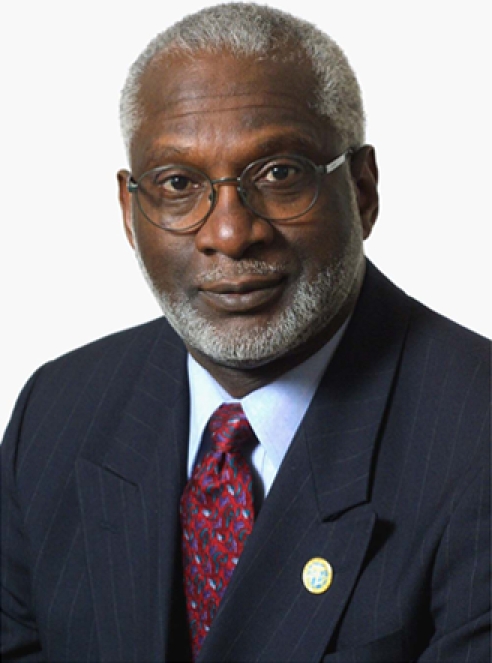
In 2001, we released a surgeon general's report entitled “Mental Health: Culture, Race, and Ethnicity.” In that report, we noted the disproportionate burden of mental disorders experienced by African Americans and other minorities, due in great part to the burdens of poverty and related difficulty accessing quality health care. We also discussed at length the importance of culture on the nature, magnitude, and response to mental disorders.
Likewise, stigma is another major barrier that keeps people from seeking mental health care. It deters treatment. This applies to people in general and specifically to people with HIV/AIDS who also carry the stigma attached to their conditions. Stigma keeps individuals who are experiencing a problem from acknowledging the problem and seeking help. Stigma keeps family members, people in the community, and friends from recommending help or acknowledging that family and friends need help. Politically, stigma keeps government and the private sector from addressing problems.
Relative to HIV/AIDS, we pointed out that “High rates of HIV/AIDS pose special challenges related to mental health. HIV infections can lead to mental impairment, ranging from minor cognitive disorders to full blown dementia, as well as precipitate the onset of mood disorders or psychosis.”
There are major research questions in areas of HIV prevention, early diagnosis and treatment, and the behaviors that impact each of these areas. Just as culture affects the behavior of patients and providers in dealing with mental health challenges generally, it also affects the orientation and behavior of researchers. Questions that are posed, and the way in which they are posed and pursued in conjunction with the community of interest, will vary with the diversity of the research team.
African Americans are 7 times more likely to be infected by HIV/AIDS, but they are severely underrepresented in the health professions, including research scientists. The tendency to be interested in and to respond to the problems facing one's own group is well reflected in the fact that African Americans and Hispanics are 3 to 5 times more likely to practice in areas where their groups constitute the majority. Thus, just as we need a more diverse health professions workforce, we need a more diverse team of research scientists involved in studying the mental health of HIV/AIDS.
A diverse team of researchers will be more likely to ask and pursue the appropriate questions in the appropriate manner, whether in basic, clinical, or health services and behavioral research. Building such a diverse research team is a major challenge, as detailed in the Sullivan Commission's Report on Health Professions Diversity in 2004. We must start early and continue through the education and training cycle to provide underrepresented minorities with opportunities to experience successes in asking and answering difficult research questions and solving difficult problems. At every level, mentoring and positive role models are critical to this type of experience.
Enhancing diversity to strengthen research capacity relative to mental health and HIV/AIDS is a challenge which we must face as vigorously as we work to reform the health system to assure access for all people in our nation. We clearly need a balanced community health system—one which balances health promotion, disease prevention, early detection, and universal access to care. Likewise, we need a balanced research agenda that is comprised of a diverse group of researchers in every area.


